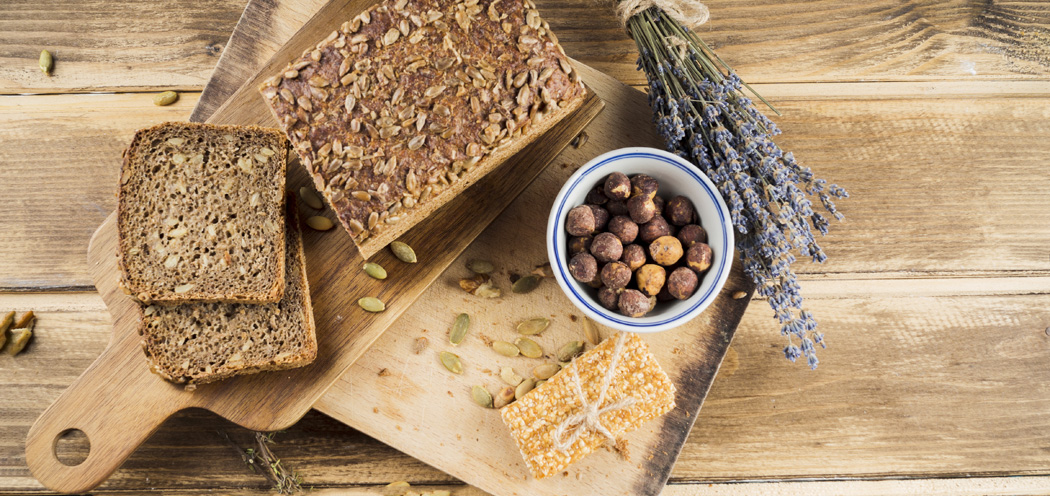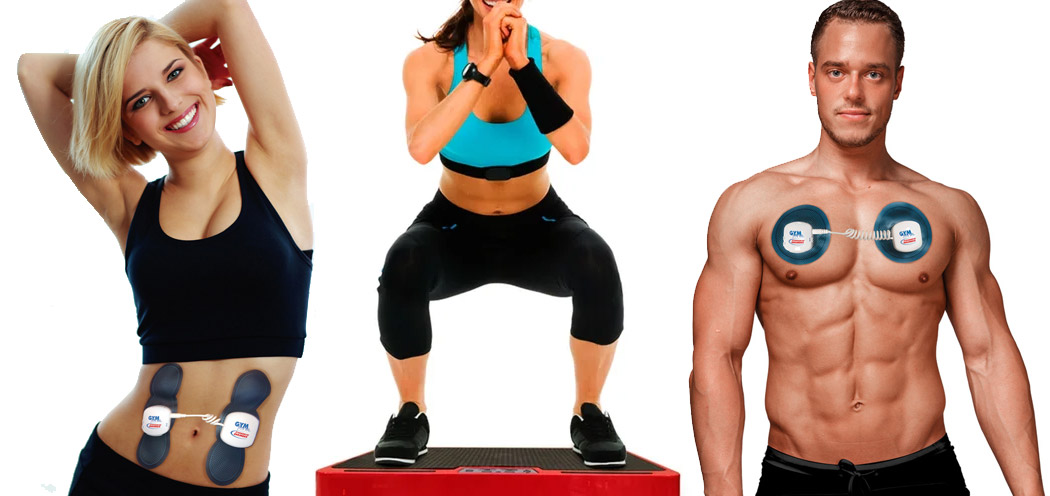Carbs, Fat, Water & Salt

Feel like it's time to make a shift in your eating habits? Check out some useful information, often overlooked, on the role that carbohydrates, fats, water, salt play in your daily diet and good health.
Carbohydrates
Now hear this: carbohydrates are not bad for you! In fact, they are essential to good health and are the number one source of energy used by the body to fuel metabolism, physical activity and daily bodily functions. But not all Carbs are created equal. Simple Carbs are broken down quickly in the body and are to be eaten sparingly. These include things like mashed potatoes, chips, cola, crackers, white bread, and processed fruit juice. Complex Carbs contain tons of fiber and take a long time to break down in the body, keeping you fuller longer and making your meals more satisfying. These include things like yams, brown rice, oatmeal, green vegetables, beans, and whole fruits.
Fat
Dietary fat and body fat are not the same things. Dietary fat is broken down into fatty acids, which provide energy while supporting things like your nervous and endocrine systems. However, not all fats are created equal, either. Saturated and trans fats have been linked to heart disease and some cancers, so eat foods that contain these fats sparingly, such as processed packaged desserts, fatty meats, deep fried foods and chips. Instead, choose heart-healthy, all natural fats to ensure a healthy body and high energy, such as avocado, raw nuts, olive oil, and fish oil. The best oil that is the safest to heat and cook with is olive oil.
Water
Did you know that your body is made up of more than 60% water? Water helps with digestion, decreases your appetite, rids your cells of toxins and wastes, and extracts nutrients from your foods. You lose water through perspiration, breathing, urinating, and other bodily functions. This loss must be replenished often because your body cannot manufacture water on its own. Instead, it must be ingested in liquid form or as watery foods like fruits and vegetables. Drink at least 8-12 full glasses of water a day, more if possible, and eat plenty of fresh fruits and veggies to keep hydrated.
Salt
Salt is one of the oldest, most ubiquitous food seasonings, since saltiness is one of the basic human tastes. In different degrees, salt is pretty much in everything we eat. The problem is that no matter what you eat, you’re probably eating way more salt than you should. In fact, it’s estimated that 75% of the world’s population eats nearly twice the recommended daily amount. That causes potentially serious health problems, because salt holds excess fluids in the body, which then places an added burden on the heart. An overburdened heart typically means high blood pressure, which directly relates to the No. 1 cause of death in the world – heart disease.



